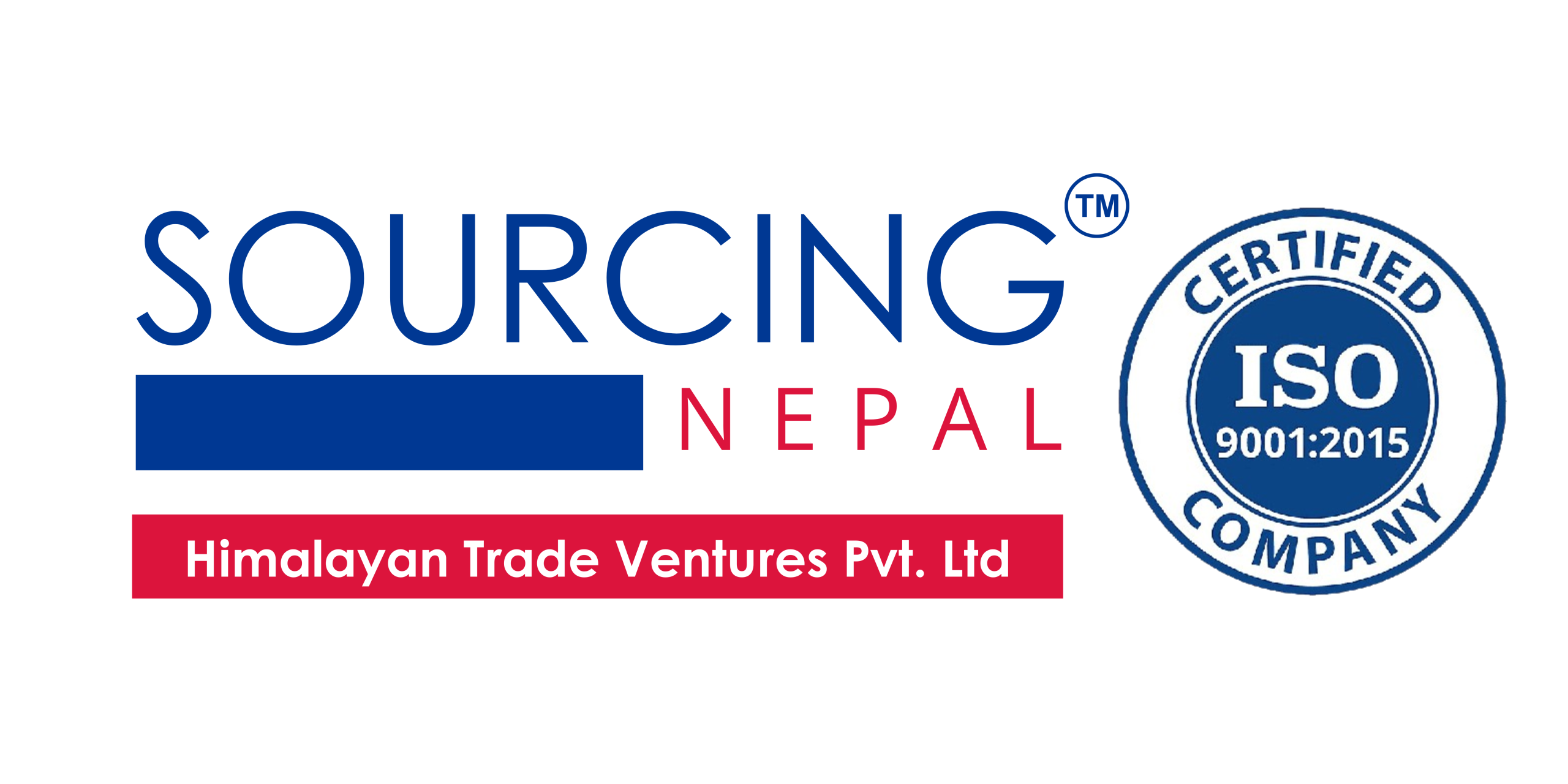- Home
- About
- Products
- Services
- Sustainable, Ethical Sourcing & Compliance
- Production scheduling and Expediting
- Supplier Verification
- Product Testing
- Quality Control
- Sample Development
- Packaging Sourcing & Development
- Drop Shipping & Amazon Fulfillment
- International Logistics
- Impact Reporting
- Branded Merchandise
- Product Photography
- Vendor Enrollment
- Policies
- Blog
- Contact Us
- Home
- About
- Products
- Services
- Sustainable, Ethical Sourcing & Compliance
- Production scheduling and Expediting
- Supplier Verification
- Product Testing
- Quality Control
- Sample Development
- Packaging Sourcing & Development
- Drop Shipping & Amazon Fulfillment
- International Logistics
- Impact Reporting
- Branded Merchandise
- Product Photography
- Vendor Enrollment
- Policies
- Blog
- Contact Us
10 Products To Source From Nepal
- Sourcing Nepal | Best Sourcing Company in Nepal
- Sourcing Facts
- 10 Products To Source From Nepal

10 Products To Source From Nepal
Nepal, known for its breathtaking mountains and rich culture, is also home to some of the most unique and high-quality products in the world. These items represent the country’s deep traditions, eco-friendly practices, and skilled craftsmanship. At Sourcing Nepal, we connect buyers from around the globe with these authentic and sustainable products. Whether you are a retailer or an individual buyer, we offer a variety of options to suit your needs.
Here are 10 amazing products you can source from Nepal through our platform:
1. Handmade Felt Products
Felt products from Nepal are crafted using a traditional technique that has been passed down through generations. Made from 100% refined sheep wool, the wool is carefully processed with soap, hot water, and kneading to create dense, durable felt. This sustainable and biodegradable method is eco-friendly, with no synthetic additives. The craft is largely produced by local women in rural communities, providing them with vital empowerment and economic opportunities. The felt-making process not only supports local artisans but also preserves cultural heritage. While the wool is mostly sourced from Nepal, a significant portion of the raw material is imported from New Zealand and, to a lesser extent, Australia. According to the Trade and Export Promotion Centre, Nepal’s felt product exports have seen a significant rise, with felt exports reaching Rs2.74 billion in the first eight months of the 2023-24 fiscal year, a 61.97% increase from the previous year’s Rs1.69 billion during the same period. This growth highlights the increasing global demand for eco-friendly, handmade felt products. (Source: The kathmandu Post & TEPC)
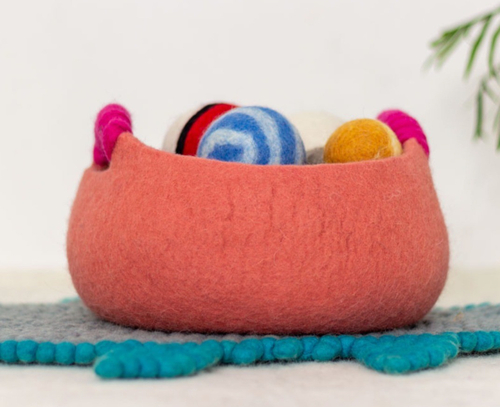

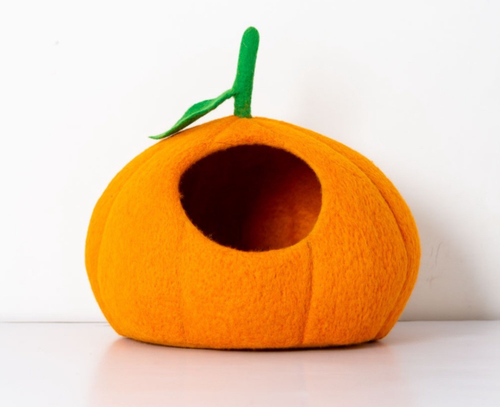
2. Himalayan Honey
Himalayan honey, sourced from the pristine regions of Nepal, is known for its purity and unique flavor, often attributed to the diverse flora of the high-altitude mountains. Bees in these areas collect nectar from wildflowers, herbs, and rhododendrons, which gives the honey its distinctive taste, rich aroma, and health benefits. The honey is harvested traditionally by local beekeepers, many of whom are part of rural communities that rely on this sustainable practice for income. Himalayan honey is also praised for its medicinal properties, including its ability to boost immunity and improve digestive health. It is free from pesticides and chemicals, making it an ideal choice for eco-conscious consumers. Nepal has seen a steady increase in the export of Himalayan honey, with markets in the United States, the European Union, and Japan becoming major consumers. In 2022, Nepal exported $191,000 worth of honey, making it the 85th largest exporter of honey globally. Honey was also the 199th most exported product from Nepal during the same year. (Source: The kathmandu Post)
3. Nepali Carpet
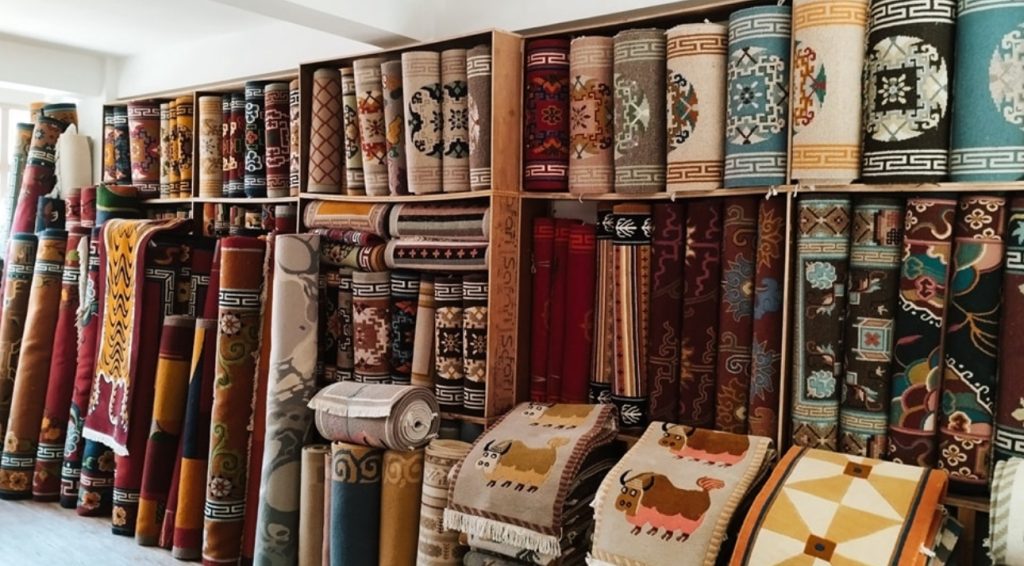
Nepali carpets, traditionally influenced by Tibetan Buddhist designs, reflect deep cultural and spiritual significance. Common motifs include the lotus flower, mandala, and Tibetan dragon, symbolizing elements of Buddhism. These designs have been passed down through generations, showcasing the artistic heritage of the region. The carpets are handmade using the ancient Tibetan hand-knotting technique, which is complex and can take months to complete. Most high-quality Nepalese carpets are made from wool and silk, known for their durability, making them a wise investment for any household. In recent years, Nepali manufacturers have introduced modern designs while retaining the traditional techniques, expanding their appeal to a broader market. Nepal has achieved self-sufficiency in the carpet industry, exporting significant quantities globally. In the first four months of the 2023/24 fiscal year, Nepal exported carpets and floor coverings worth around Rs 4 billion, highlighting the importance of this sector in the country’s economy. ( Source: Republica )
4. Thangka
Thangka paintings are intricate Tibetan Buddhist artworks that represent the teachings of Buddha. These paintings, often created on cotton canvas, have a rich history dating back over 2,500 years. The word “thangka” comes from the Tibetan words “thang,” meaning cotton, and “ka,” meaning images, which together signify “images made on cotton.” Thangka art began in Nepal during the 11th century A.D., when Buddhists and Hindus started illustrating deities and natural scenes, laying the foundation for this sacred art form.Thangkas are not just beautiful representations; they are also used as tools for meditation and spiritual practice. The images often depict various gods and deities, each associated with specific qualities and powers. For example, if someone is struggling with procrastination, they may turn to a thangka of a deity associated with productivity or focus, offering prayers and offerings in hopes of receiving guidance. If stress is a major concern, a thangka of White Tara, known for her compassion, might be sought. Each deity in the thangka holds symbolic solutions for different aspects of life’s challenges.High-quality thangkas often incorporate 24-carat gold paint, adding a layer of luxury and sacredness to the artwork. The skill and spiritual knowledge required to create a thangka are immense, with artisans following strict guidelines and using natural pigments to produce these timeless and meaningful paintings.
5. Black Cardamom
Black cardamom, also known as Badi Elaichi, is a unique spice that thrives in the cool, high-altitude regions of Nepal. Known for its smoky, earthy flavor, black cardamom is commonly used in Nepali cuisine and traditional medicine. The spice is grown in the hilly areas of Nepal, where it is hand-harvested, dried, and processed using traditional methods that preserve its distinctive flavor. It is a vital ingredient in Nepali masala, used to enhance curries, stews, and even tea. Nepal’s black cardamom exports have seen steady growth, with the spice becoming a valued product in both culinary and medicinal sectors. Nepal’s large cardamom exports have seen significant growth over the past decade. From Rs 3.63 billion in the fiscal year 2012-13, the value of large cardamom exports increased to Rs 8.24 billion in the fiscal year 2022-23. This rise underscores the growing demand for this valuable spice in international markets.
6. Incense Sticks
Nepali incense sticks are a centuries-old craft deeply rooted in religious and spiritual practices. Made from a blend of natural ingredients like herbs, flowers, spices, and resins, these incense sticks are used in temples, homes, and meditation spaces across the world. The manufacturing process of Nepali incense is typically artisanal, with skilled workers blending and hand-rolling each stick to ensure quality. The incense has a soothing, earthy fragrance, which makes it a favorite among those who seek relaxation, mindfulness, or a spiritual connection. In Nepal, incense production supports local communities, especially women, who contribute to its preparation. Nepali incense is in high demand globally, with increasing exports to countries like India, the United States, and European nations.
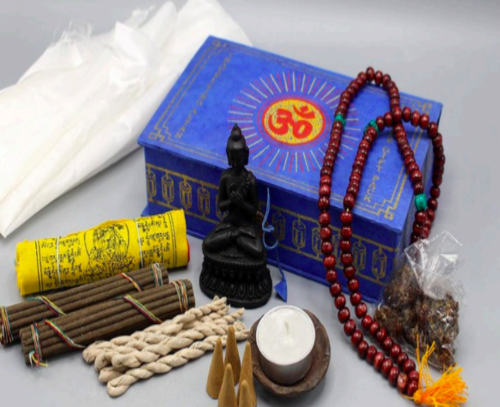
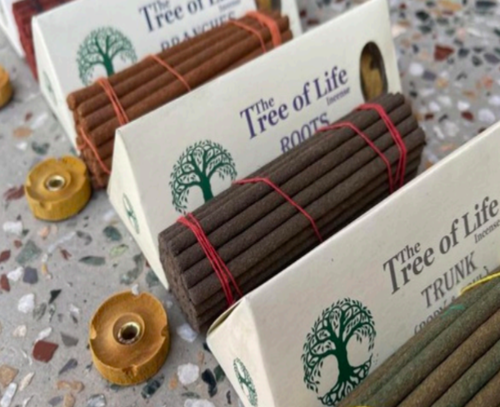
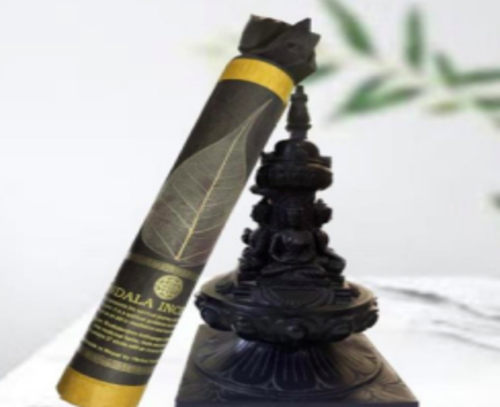
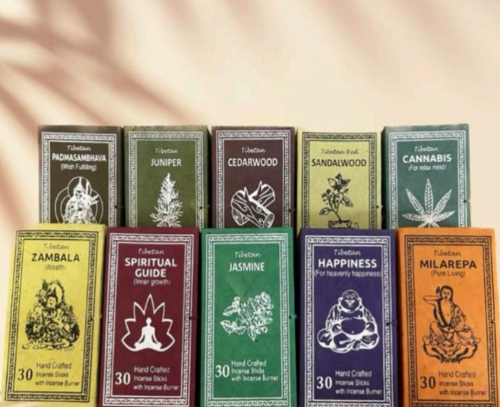
7. Ginger
Nepal’s ginger is renowned for its exceptional flavor and high medicinal value. The ginger is grown in the fertile, well-drained soils of the Himalayan foothills, where the climate and altitude contribute to its intense flavor and high oil content. It is hand-harvested by local farmers using sustainable methods. After being cleaned and dried, the ginger is processed into various forms, such as whole ginger, ground ginger, and ginger powder, catering to diverse market demands. Nepali ginger is widely used in culinary applications and for medicinal purposes, thanks to its digestive and anti-inflammatory properties. In recent years, Nepal has seen an increase in ginger exports, with growing demand in countries like India, China, and the Middle East.
8. Buffalo Jerky
Buffalo jerky is a popular traditional snack in Nepal, made from high-quality buffalo meat that is carefully preserved and dried. The process involves marinating the meat in a mixture of herbs and spices before it is slow-cooked and air-dried to achieve its chewy, flavorful texture. Buffalo jerky is a staple in the rural diet of Nepal and is often consumed during festivals and on long journeys. It is rich in protein and energy, making it a popular choice for travelers and outdoor enthusiasts. With growing global interest in natural, protein-packed snacks, Nepal’s buffalo jerky has gained international attention, particularly in markets like the United States and Europe.


9. Singing Bowls
Nepali singing bowls are handcrafted items that have been used for centuries in meditation and sound therapy. Made from a unique combination of metals, including copper, tin, and bronze, these bowls produce a deep, resonant sound when struck or played with a mallet. The vibration and sound are said to promote relaxation, reduce stress, and enhance meditation. Singing bowls are often used in spiritual rituals, yoga, and alternative healing practices. The bowls are meticulously handmade by artisans in Nepal, and the craftsmanship is passed down through generations. Due to their therapeutic properties and exquisite craftsmanship, Nepali singing bowls are highly sought after worldwide, especially in wellness and spiritual communities.
10. Hemp Products
Nepal’s hemp products are gaining international recognition for their eco-friendliness and versatility. Hemp is a sustainable crop that requires minimal water and pesticides, making it an environmentally responsible choice for textiles, accessories, and even construction materials. In Nepal, hemp is woven into durable fabrics to create items such as bags, jackets, pants, and accessories. These products are handcrafted by local artisans, providing a sustainable livelihood for rural communities. Beyond its environmental benefits, hemp is also valued for its natural properties, including its ability to absorb toxins from the body, making it a preferred choice for health-conscious consumers. Nepal’s hemp products are particularly popular among eco-conscious consumers in the fashion industry, as well as those interested in sustainable living. The global demand for hemp-based products has increased significantly, with major exports to Europe and the United States
These products represent just a glimpse of the rich, diverse offerings that Nepal has to offer. Each item is a testament to the country’s cultural heritage, skilled craftsmanship, and commitment to sustainable production. Through Sourcing Nepal, you can access these unique products and connect with local artisans while supporting eco-friendly and ethical trade practices.
Why Source from Sourcing Nepal?
At Sourcing Nepal, we are committed to bringing you the best of Nepal’s craftsmanship and natural resources. Our platform offers a curated selection of high-quality, authentic, and customizable products. With supplier verification, branding support, and efficient logistics, we make sourcing from Nepal a seamless and rewarding experience.
Frequently Asked Questions
Some of the top products to source from Nepal include handmade felt products, Himalayan honey, Nepali carpets, Thangka paintings, black cardamom, incense sticks, ginger, buffalo jerky, singing bowls, and hemp products. These items showcase Nepal’s rich cultural heritage and skilled craftsmanship.
Nepal offers a unique range of high-quality products made with traditional, sustainable methods. Sourcing from Nepal not only helps support local artisans but also provides eco-friendly options that appeal to conscious consumers globally. The authenticity and cultural significance of these products make them premium choices for businesses and individuals.
Sourcing Nepal offers a platform for buyers to connect with authentic Nepalese products. We provide supplier verification, branding support, and efficient logistics to ensure a seamless sourcing experience. Whether you’re a retailer or an individual buyer, we make it easy to access high-quality, eco-friendly products.
Nepali felt products are made using traditional techniques passed down through generations, with wool processed in an eco-friendly and sustainable way. The felt-making process empowers rural communities, especially women, and preserves Nepal’s cultural heritage. These handmade products are both durable and biodegradable.
Yes, Nepal’s hemp products are highly sustainable. Hemp is a low-impact crop requiring minimal water and pesticides, making it an environmentally friendly option for textiles and accessories. These products support sustainable livelihoods for rural artisans while catering to eco-conscious consumers.
Yes, many of the products sourced from Nepal through Sourcing Nepal can be customized to suit your needs. Whether you’re looking for branded merchandise, unique designs, or special packaging, we offer options that fit your specifications.
At SourcingNepal, we take pride in being the premier choice for businesses seeking sourcing solutions in Nepal.
Contact Info
Kathmandu, Nepal
